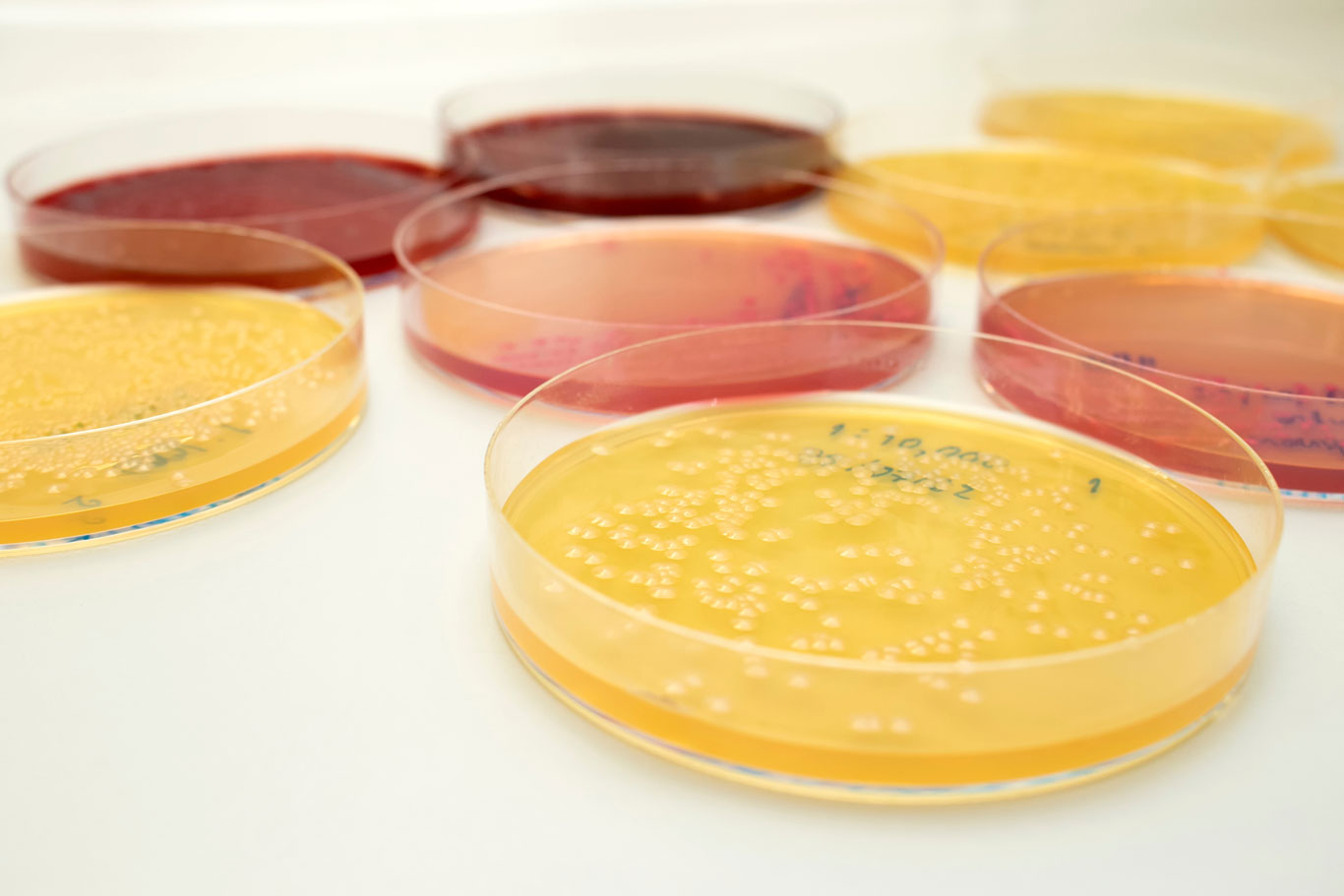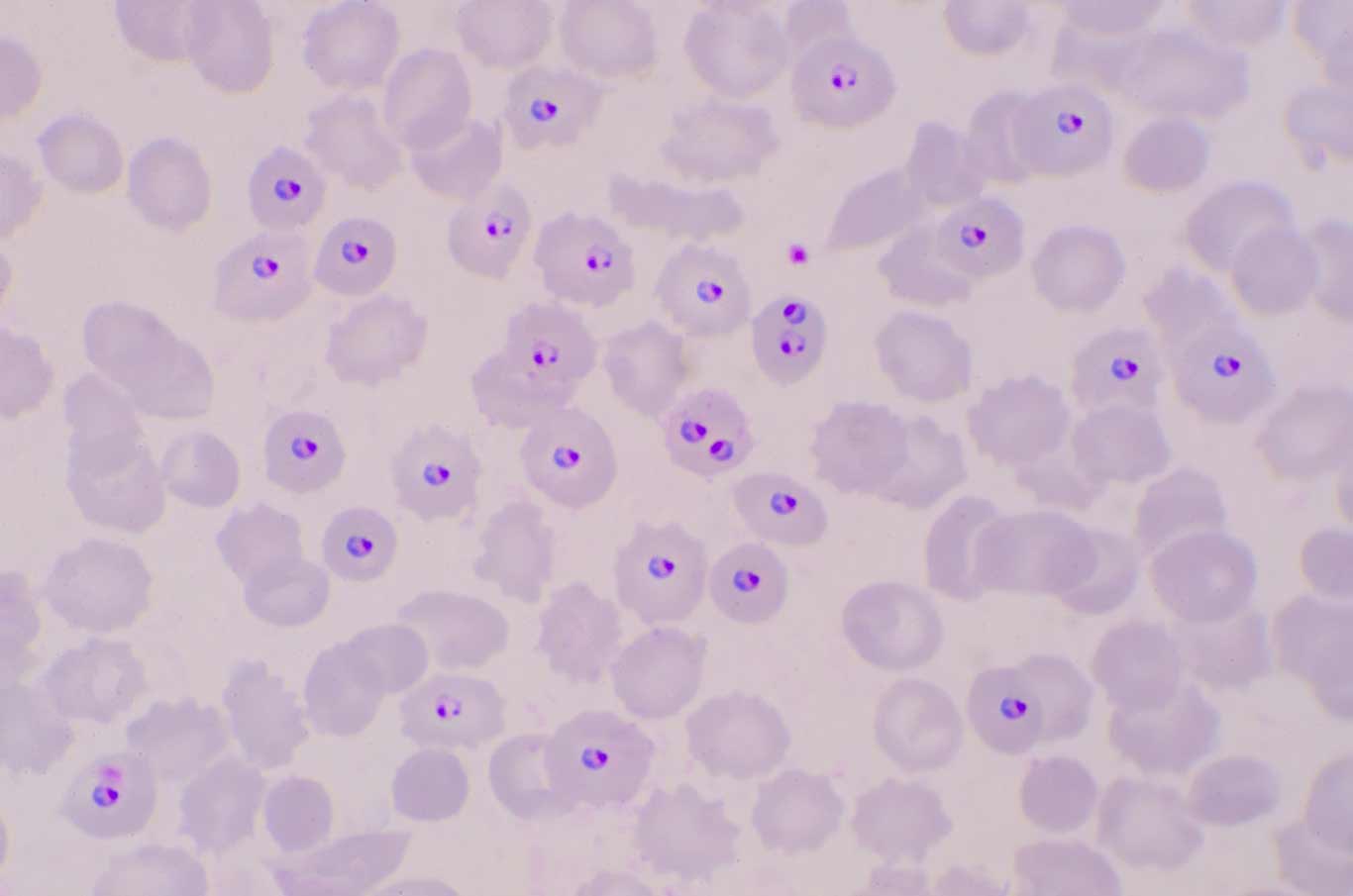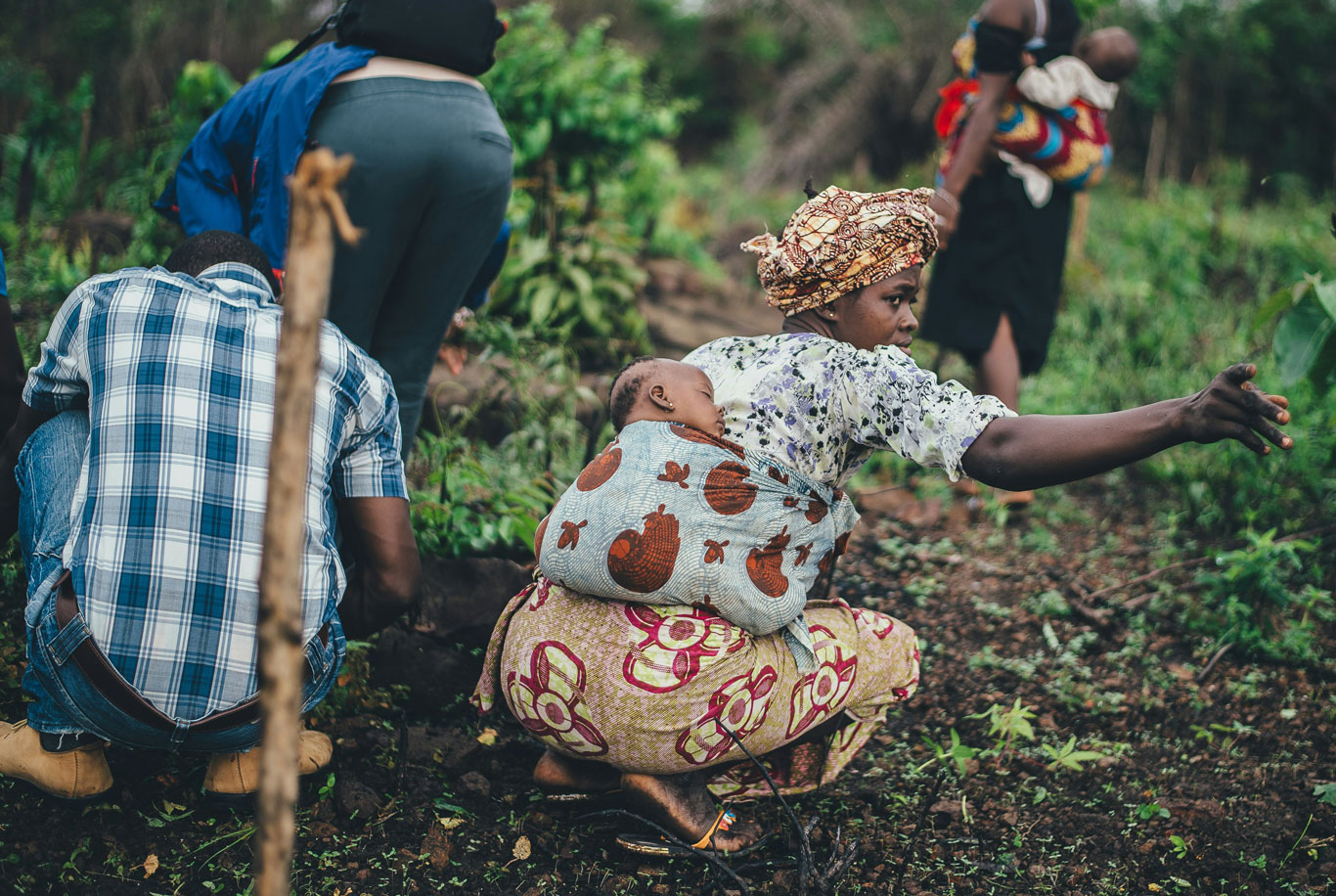Consolidating our work in Paraguay and Bolivia
In 2023, the Initiative consolidated its collaboration in Paraguay. With the support of Fundación Probitas and AECID, we inaugurated and refurbished laboratories in the Teniente Irala Fernández and Campo Aceval health centres in the Chaco region. In addition, a space for X-ray equipment was installed in Teniente Irala Fernández, with the aim of augmenting diagnostic capacity in the region. Together, these facilities serve nearly 30,000 people.
Approximately 100 Paraguayan health professionals were trained on the management of Chagas disease, including 10 who completed internships in specialised centres in Bolivia. In addition, 37 laboratory professionals were trained in diagnostic techniques for several common diseases in the area, including Chagas, leishmaniasis, hantavirus, respiratory mycoses, tuberculosis, and soil-transmitted helminths. These efforts have led to a significant increase in T. cruzi screening, reaching more than 900 patients (an increase of 360% over the previous period). In addition, diagnosis of soil-transmitted helminths was initiated, with approximately 120 patients screened.
An important population-based testing carried out in the indigenous community of Casanillo revealed that 13% of the 1000 people screened were infected with T. cruzi, well above the 2% prevalence in Asunción’s blood bank. These results highlight the need to strengthen prevention, diagnosis and treatment efforts in these vulnerable communities.
As for Bolivia, we signed a strategic agreement with the Fundación Salud Naturaleza Integral (SANIT, Cochabamba) to jointly apply for and conduct collaborative research projects in the country.
Expanding drug discovery horizons
Our drug discovery research line in Barcelona has been strengthened by the development of an in silico pipeline that uses the AlphaFold protein database to explore new drug targets in the T. cruzi parasite and gain insight into the mechanisms of action of existing or potential drugs (1). Our drug discovery efforts will also benefit from our participation in the CYTED-RENATEC international network, which aims to identify inhibitors of parasite growth, with a special focus on plant-derived metabolites.
References
- Ros-Lucas et al. Front Cell Infect Microbiol.














